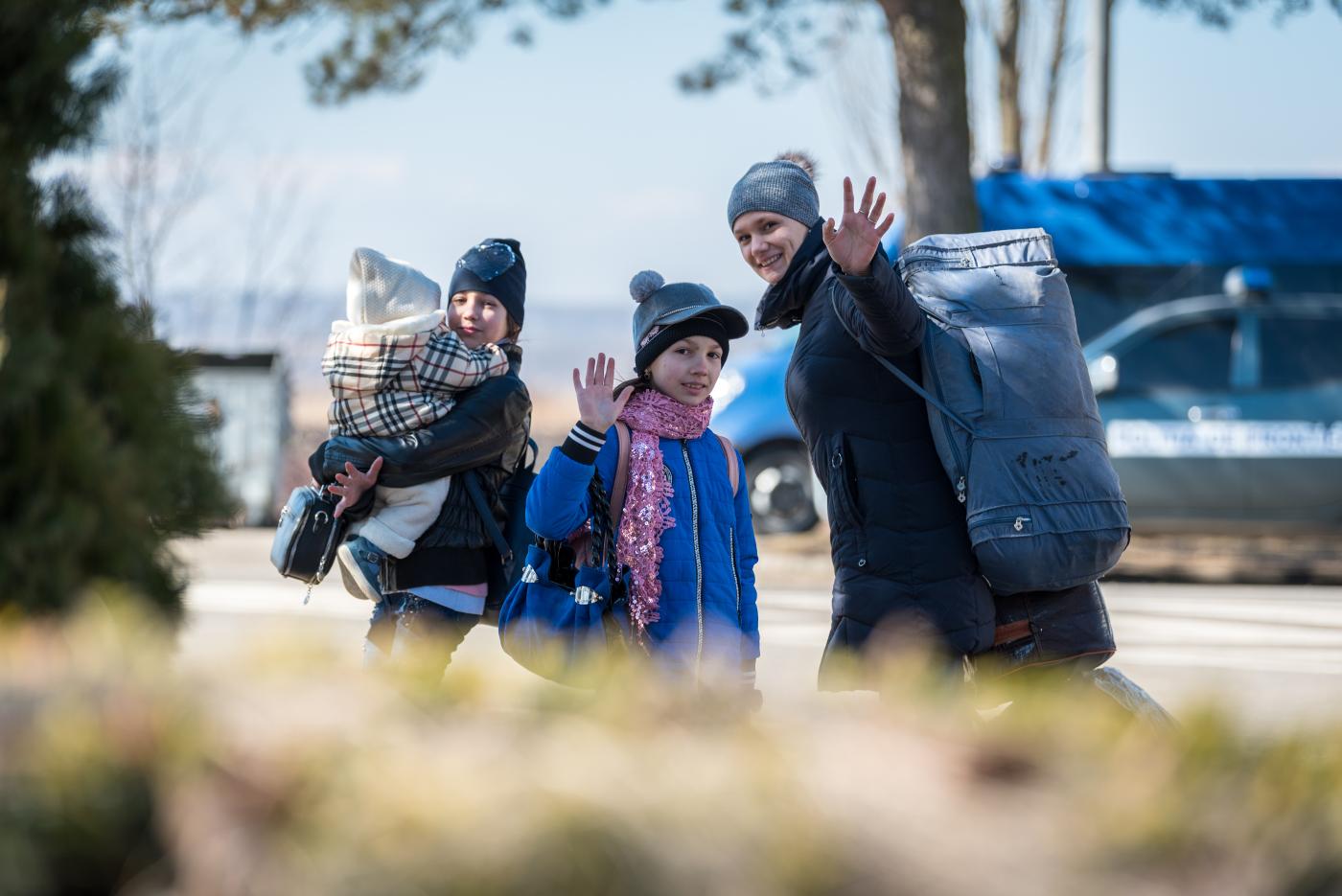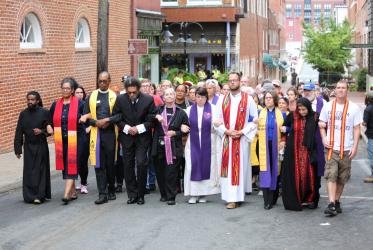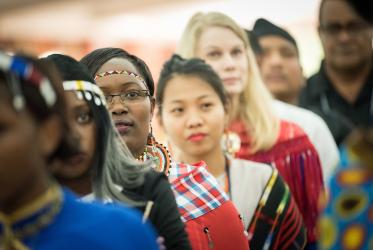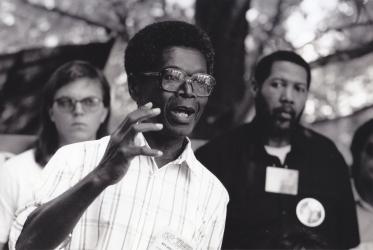The message acknowledged the immense work being done by churches and other people of good will all over Europe.
“We are deeply moved by the solidarity that has manifested itself during the welcome of Ukrainian refugees across Europe since February 2022,” reads the message. “The Temporary Protection Directive showed that welcoming those in need can be done with more openness and less bureaucracy than previously thought.”
The message highlights that those experiences on the ground could serve as a guiding example for revising and revisioning current political strategies. “The immense solidarity with Ukrainian refugees is darkened by the continuing suffering of others in need of international protection who are seeking safe passage into Europe,” reads the text. "We are outraged by the apparent cases of racism, interpersonal and systemic, in European refugee laws, policies and law enforcement, especially in Southern Europe, targeting migrants from Africa, Asia and the Middle East."
Protecting those in need of international protection is also about protecting our humanity and responses ought to be tempered with “mercy, justice, solidarity and compassion”, as opposed to the façade of “Fortress Europe”, the message urges.
"We therefore call upon governments in Europe to increase their work on securing safe passage for those in need, to ensure sufficient search and rescue, and not to externalise their responsibility to other countries,” reads the text. “People in need of international protection should never be part of a political trade-off, either internally or externally, especially not with authoritarian regimes.”
Politicians and civil society leaders alike need to reshape the prevailing narrative, the message urges.
“Protection and integration of migrants presupposes communities that have the capacity to expand, even though it requires change from all parts,” notes the text. “Such a change starts with open hearts.”
The message also stresses strengthening social cohesion. “Here, faith is the opposite of fear,” the text reads. "We do not want to be silent about the fact that we as churches need to examine ourselves as well, and don’t always live up to the standards and ideals that we advocate in the political sphere.”
Rev. Dr Peter Cruchley, director of the World Council of Churches (WCC) Commission on World Mission and Evangelism; and Dr Masiiwa Ragies Gunda, WCC programme executive on Overcoming Racism, Racial Discrimination, and Xenophobia, attended the assembly on behalf of the WCC.









